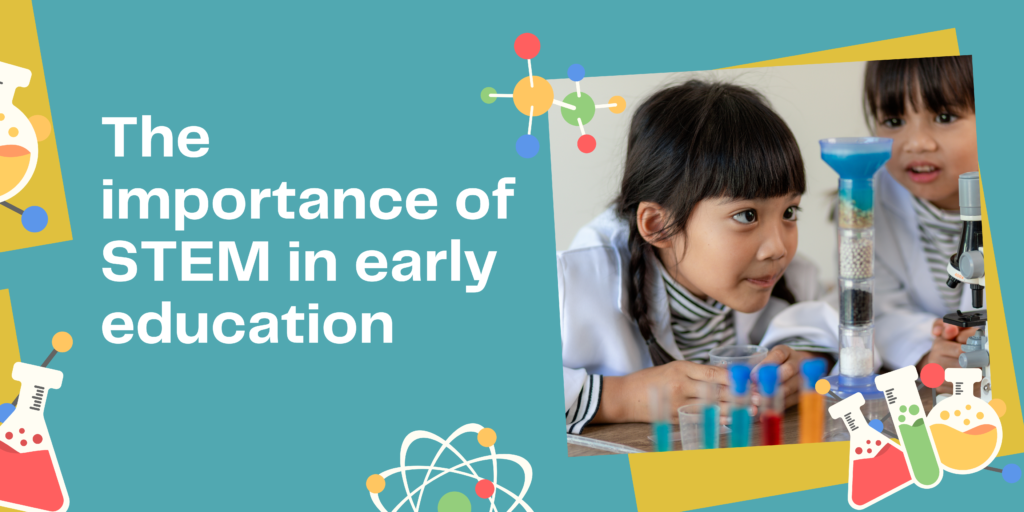
The Importance of STEM in Early Education
What is STEM?
STEM refers to the confluence of four different but interconnected disciplines of study: Science, Technology, Engineering and Mathematics. Some educators also add Art within this sphere of learning.
Science –
Science study in STEM refers largely to natural sciences. Understanding the workings in nature and their effects on individuals helps children develop a scientific temper. Through structured experiments, children develop their observational skills and become curious about the world we live in.
Technology –
Today, kids are surrounded by technology. Whether we like it or not, they are constantly exposed to technology in various formats right from televisions to mobile screens. Learning about technology helps children understand the working mechanisms of these devices and allows them to be a producer of technology rather than a passive consumer.
Engineering –
Engineering concepts in STEM education help expose children to operational workings of various machines around them. It encourages children to critically assess a problem and come up with creative solutions to solve them. Through testing, improving and evolving their designs, children become creators in the true sense.
Mathematics –
Through Mathematics in STEM, children are exposed to numerical concepts that drive their everyday lives. Learning about weights, currency, time and ordering, children learn to calculate and make logical inferences about real life situations.
Why should STEM be introduced to preschoolers?
Introducing STEM at an early age allows children to develop all the scientific skills that come along with learning the four subjects. Preschoolers are innately curious. Between the ages of 2 to 5, their brain development happens most rapidly. Therefore, introducing STEM concepts during preschool years allows them to develop crucial skills that allow for lifelong learning.
- Become Curious – Learning about STEM helps channel your child’s curiosity towards a more fruitful learning outcome.
- Scientific Temper – When children are exposed to methods of scientific inquiry, they develop a scientific temper. This allows them to logically and rationally work through problems, be it in classrooms or real life.
- Social Development – While attempting STEM challenges, kids learn to use each others’ strengths and come up with solutions for complex problems. This allows them to understand the importance of working together.
- Problem Solving – STEM challenges encourage creative problem-solving. Brainstorming ideas and checking their implementation helps children think outside the box and come up with innovative solutions.
- Skill development – STEM helps children develop multiple skill groups. It activates both hemispheres of the brain where children try to come up with a creative but logical solution to a proposed problem. Through the methods of inquiry and experimentation, they learn to solve different types of problems. They also develop important emotional skills like patience as sometimes their solution might work but other times it might not.
Careers in STEM
The skillset that STEM education develops can be used across careers and jobs. Scientific inquiry and logical thinking are as important for a teacher as it is for a sportsperson. However, some jobs for which STEM skills are a prerequisite are listed below:
- Financial Analyst
- Engineer
- Architect
- Astronaut
- Mathematician
